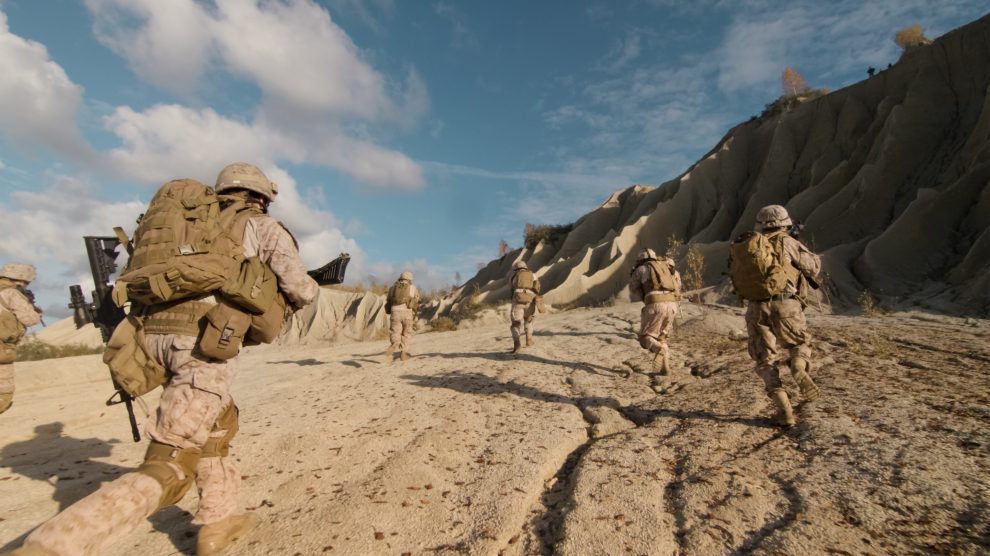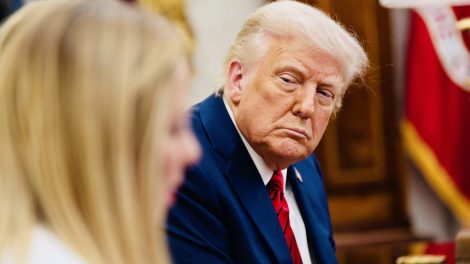The Russian President Vladimir Putin and his Chinese counterpart Xi Jinping discussed Afghanistan over the phone. Have we reached the partition stage already?
In the short term, China and Russia will benefit from the US’ decision to withdraw from Afghanistan, from the scenes of chaos emerging from Kabul. Both portray it as a failure of Western policies in an attempt to exploit the broader circumstances to tout the efficacy of their partnership.
Are there economic advantages?
Afghanistan has a greater appeal to China because it lends itself well to the infrastructures and trade routes of the Belt and Road Initiative, as the country’s location can enhance its infrastructure and trade routes. Russia has an interest in increasing its intelligence operations on the ground and ensuring the safety of its military in the region.
What about the bigger picture?
It is not one that favours China and Russia. Both are very happy to see the US and its allies mired in the Middle East, they also know that in the last twenty years Afghanistan has been a deeply divisive political albatross for the US. In the longer run, however, the Taliban takeover will be more of a setback than a great opportunity for China and Russia. That’s because the US will emerge from all this more focussed on its traditional geopolitical priorities.
Such as?
On the one hand, America will move resources and personnel from the Middle East to Eurasia and Pacific Asia. On the other hand, it is a shift in its homefront. The United States has spent six trillion dollars on its “forever wars”. Now, [Us President Joe] Biden is going to be spending that kind of money on infrastructure, on improving the welfare and the living standards of working Americans. This realignment in strategic priorities cleared up resources.
So, is the withdrawal from Kabul a quasi-victory on the domestic level?
Let us be clear: this is still a real setback for the Biden administration.The images coming back from Kabul are terrible, heartbreaking, tragic. But I do think that this is still a temporary setback and it will improve overtime; let us also keep in mind that 85,000 people have been evacuated.
The Group of Seven was divided on the best course of action. Is there a risk of friction between the US and the European allies over the timing of the withdrawal?
Well, Biden said the Americans won’t stay beyond August 31, but let’s see what happens. If thousands of people – including Americans – want to get out, it’s hard to believe he’s just going to pick up the phone and say “this is over”. I can however understand why he told the G7 he’s not changing plans.
At the G20 Europe will seek to compromise with China and Russia. Could that mediation damage the bloc’s relations with Washington?
I don’t think Europeans can afford the luxury of stepping outside the perimeter of the Atlantic alliance when dealing with China and Russia. Instead, I believe the EU has an important role to play in separating Russia from China, increasing the distance between Moscow and Beijing. Also, pushing the US towards a China policy that is equal parts containment and engagement.
How so?
I think the Biden administration took too much of a black and white approach. In this historic moment, the president’s call to the clash between democracies and autocracies is counterproductive. After all, China is already present in most quarters of the globe. I don’t see how the idea of decoupling or somehow going back to a war between competing blocs could be a viable alternative. The EU can help shape a more realistic American China policy.




